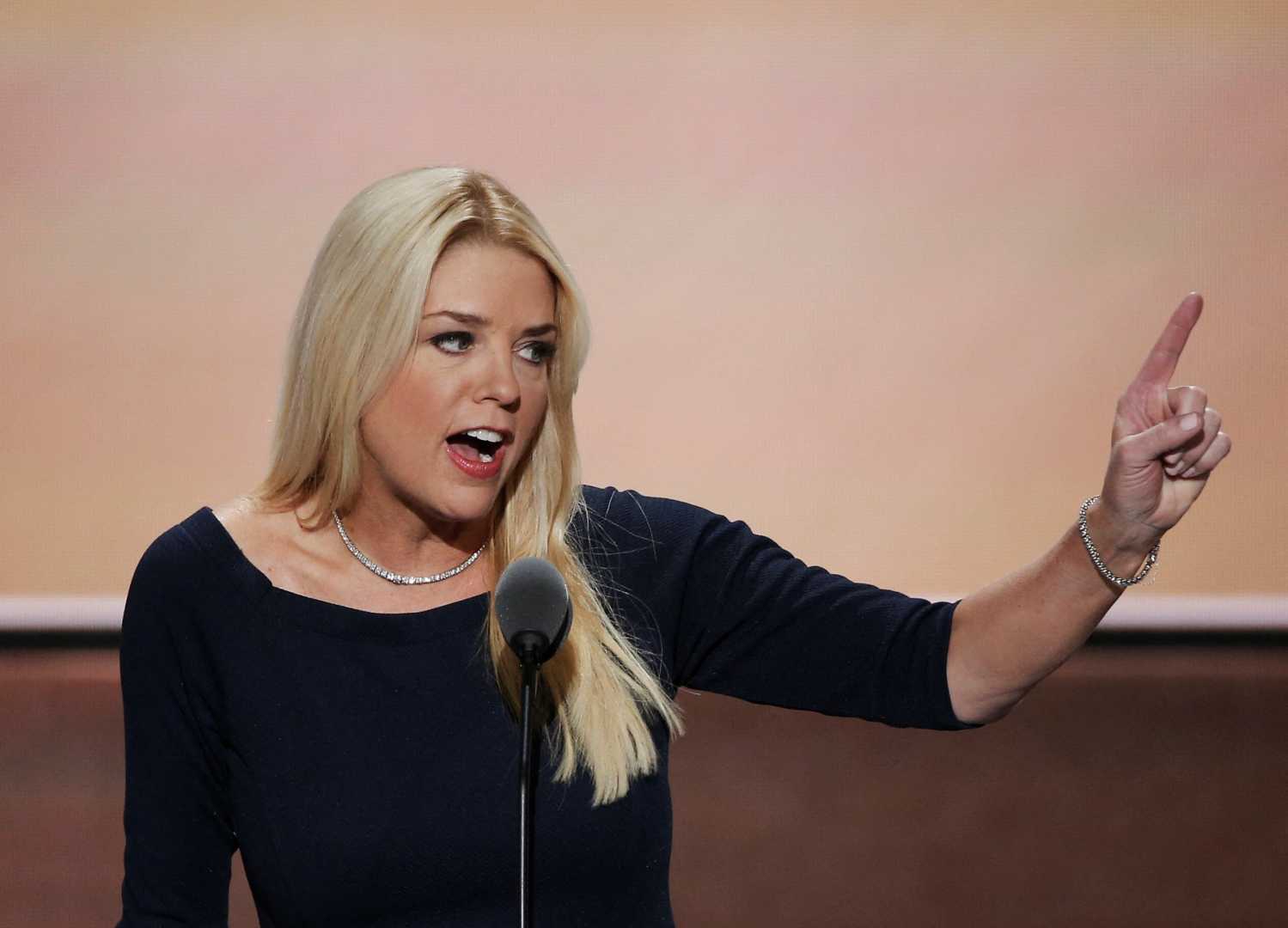Politics
DOJ Cuts Ties with ABA, Reshapes Judicial Nomination Process

WASHINGTON, D.C. — On Thursday, U.S. Attorney General Pam Bondi announced that the Department of Justice (DOJ) will no longer comply with the American Bar Association‘s (ABA) ratings process for federal judicial nominees. This decision arises from a belief that the ABA has consistently displayed bias favoring nominees from Democratic administrations.
In a letter to ABA President William R. Bay, Bondi stated, “Unfortunately, the ABA no longer functions as a fair arbiter of nominees’ qualifications, and its ratings invariably and demonstrably favor nominees put forth by Democratic administrations.” The announcement is the latest chapter in an ongoing battle between Republican leaders and the ABA, which has been criticized for its perceived partisanship.
The DOJ declared that nominees will not provide waivers for the ABA to access non-public information, such as bar records. Additionally, nominees will not respond to ABA questionnaires or participate in interviews with the organization. This marks a significant change from previous practices, where the ABA had an influential role in vetting judicial candidates.
Bondi’s letter emphasized that while the ABA is welcome to comment on nominations, it will no longer receive preferential treatment compared to other organizations. This decision follows earlier sentiments expressed by Senate Republicans, who indicated plans to disregard the ABA’s ratings system.
The ABA, founded in the late 1800s, boasts over 400,000 members, but has faced scrutiny for its views on diversity and inclusion efforts, which some members of the Senate have labeled as “woke initiatives.” Conservatives have long accused the ABA of bias, particularly during Trump’s administration, when numerous nominees received poor ratings.
Senate members have indicated plans to continue moving forward with judicial nominations, regardless of the ABA’s ratings. Experts suggest that this shift could lead to a more partisan judicial appointment process, further intensifying the division between political parties.
As the DOJ officially distances itself from the ABA, the ramifications of this decision on future judicial nominations will likely be a point of contention in the coming months.












